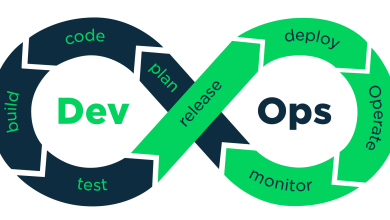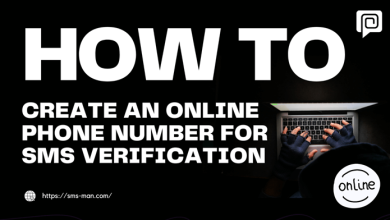6 Good Questions To Ask Yourself Before Taking Any Courses Online

When people seek to better themselves they do it for a wide range of reasons. They may seek ways to make fast money, improve their career or gain new skills and experience. One option that many people consider is taking an online course. It could relate to a hobby and be just for fun, or career-based and providing a recognized qualification. In this article, we’ll discuss 6 wise questions to ask yourself before taking an online course.
- Have You Studied The Website?
Once you’ve found a few course providers, you should research each of their websites. First and foremost, it’s important to ensure that the company’s legitimate. There are many scams out there and you don’t want to waste your time or money on something that isn’t valid. Also, by taking a look at the website you can get a feel for what the company’s like. Are they professional? Do they have good reviews? What do their courses look like? All of these things can help you decide whether or not this is the best option for you.
There’s a host of valuable details you can access this way. If you’re pursuing a digital marketing certificate you can view the program highlights and discover the learning and career outcomes. There’ll be program information for domestic and international students, FAQ sections, and the chance to speak to an advisor.
- Are You Aware Of The Advantages?
There are pros and cons to taking an online course rather than studying at a physical location. One advantage is that you can learn at your own pace. You can also choose the time of day that you want to study. This is perfect for people who have busy schedules and other responsibilities (e.g. jobs, families). Another advantage is that you can learn from anywhere in the world. There are no geographical boundaries when it comes to learning online. You can also get a certificate or degree without having to go attend a school, college, or university.
Here are some other advantages to remote learning:
- Access to a wider range of courses
- Lower costs
- Increased flexibility and convenience
- The more comfortable learning environment
- Access to expert instructors from anywhere in the world
- Are You Aware Of The Disadvantages?
Lack of social interaction is a big disadvantage to online learning. You miss out on face-to-face involvement and communication with your classmates and teachers. This can make it difficult to form relationships and get help when needed. Technological difficulties can also be a big issue when taking courses online. If you have trouble using the internet or specific software, it can make completing your coursework very difficult. Additionally, if there are technical problems with the website or server hosting the course, it can disrupt your learning process.
Finally, another disadvantage is that there’s often little to no supervision. This means that if you have questions or need help, you may not be able to get the assistance you need in a timely manner. Additionally, cheating and plagiarism are more common in online courses since there’s no one monitoring the students’ work. There’s generally less structure and accountability than in a traditional classroom setting. It can be easy to procrastinate and fall behind unless you’re highly organized and self-motivated.
- Is The Course Affordable?
There are a lot of online courses that come with a hefty price tag, so it’s important to make sure that you can comfortably afford the course before enrolling. If you’re on a budget, you want to make sure that you’re getting the most bang for your buck. Do some research and find out how much the course is and if there are any discounts available. Some things you’ll need to have the money for include:
- The actual course
- Any software you need to purchase
- Books or other materials recommended by the course instructor
- Time off work (if you’re taking the course during work hours)
- Childcare (if you have young children)
Fortunately, online courses have financial advantages over studying at a physical location. They include not needing to move away and pay for accommodation, food, and so on. You’ll also save on travel costs etc.
- What Are Your Goals?
Here are some reasons people take online courses:
- To change their career
- To keep up to date with new developments in their industry
- For personal development
- Because they enjoy learning
What do you hope to achieve by taking this course? Are you looking to improve your skills in a certain area or learn something new? Do you need an accredited qualification to further your career? Would it be better to take a course that involves hands-on learning and social interaction?
Answering these questions honestly will help you choose the right course and provider, and avoid any potential disappointment further down the line. If you’re unsure, there are plenty of people who can advise you, including friends, family, careers advisors, and tutors.
- Is The Content Suitable?
Before signing up for any course, it’s important to take a step back and evaluate the curriculum. Is it comprehensive and does it give you the knowledge and skills that you need? Does it fit with your learning style and is it practical? These are all factors that you should consider before enrolling.
Another thing to keep in mind is whether the curriculum is updated regularly. With the ever-changing landscape of technology, you’ll want to ensure that you’re learning the most up-to-date information. Otherwise, you run the risk of becoming outdated and obsolete in your skillset. You want to be sure that the educational provider is accredited, and that the instructors have real-world experience and are able to provide you with practical, actionable advice.
These 6 questions can help you become clearer about whether or not an online course is for you. They can either confirm that you’re going in the right direction or save you wasting time and money on the wrong decision. With the right research and advice, however, you may end up on a course that enriches your life for many years to come.













